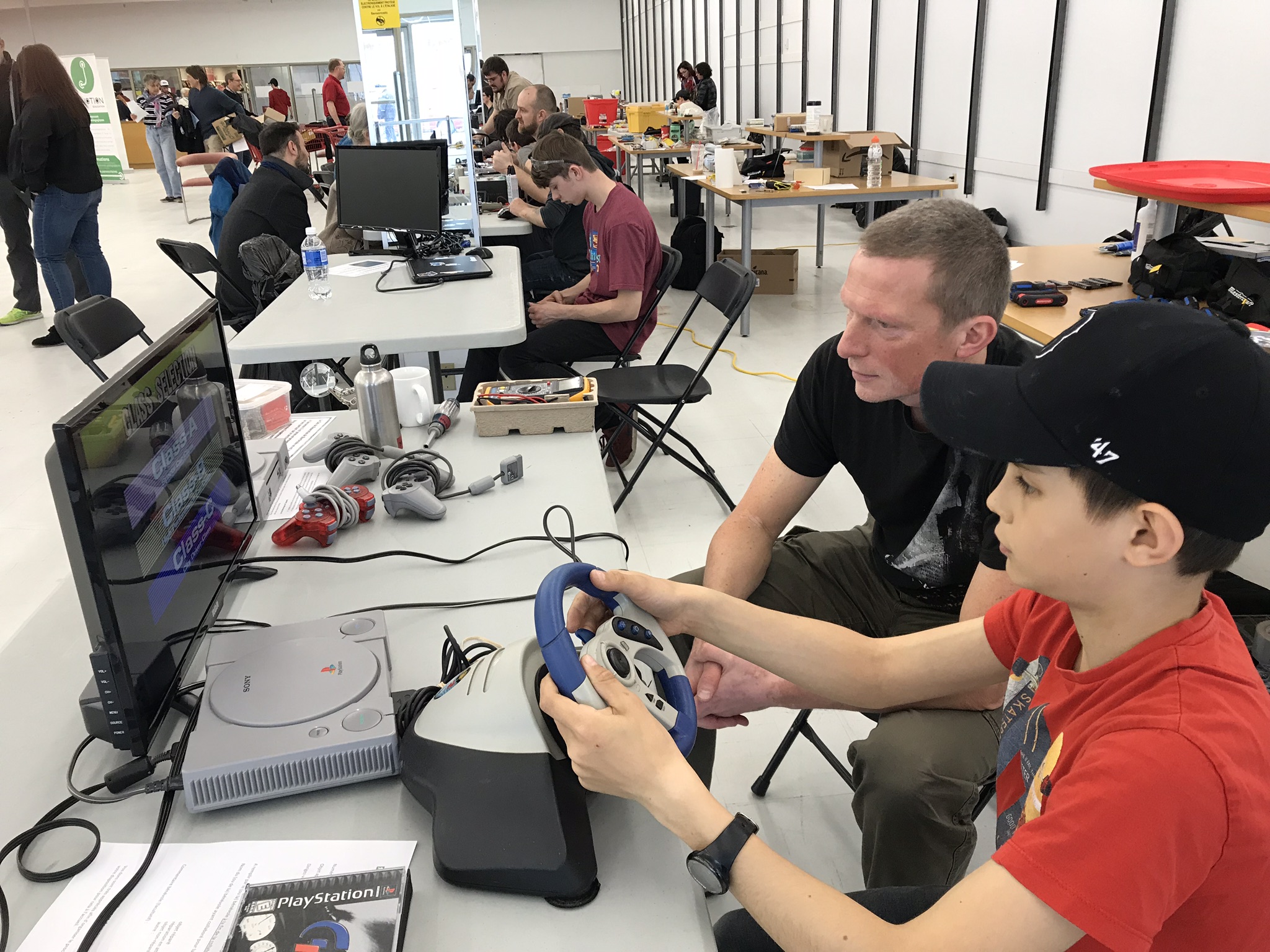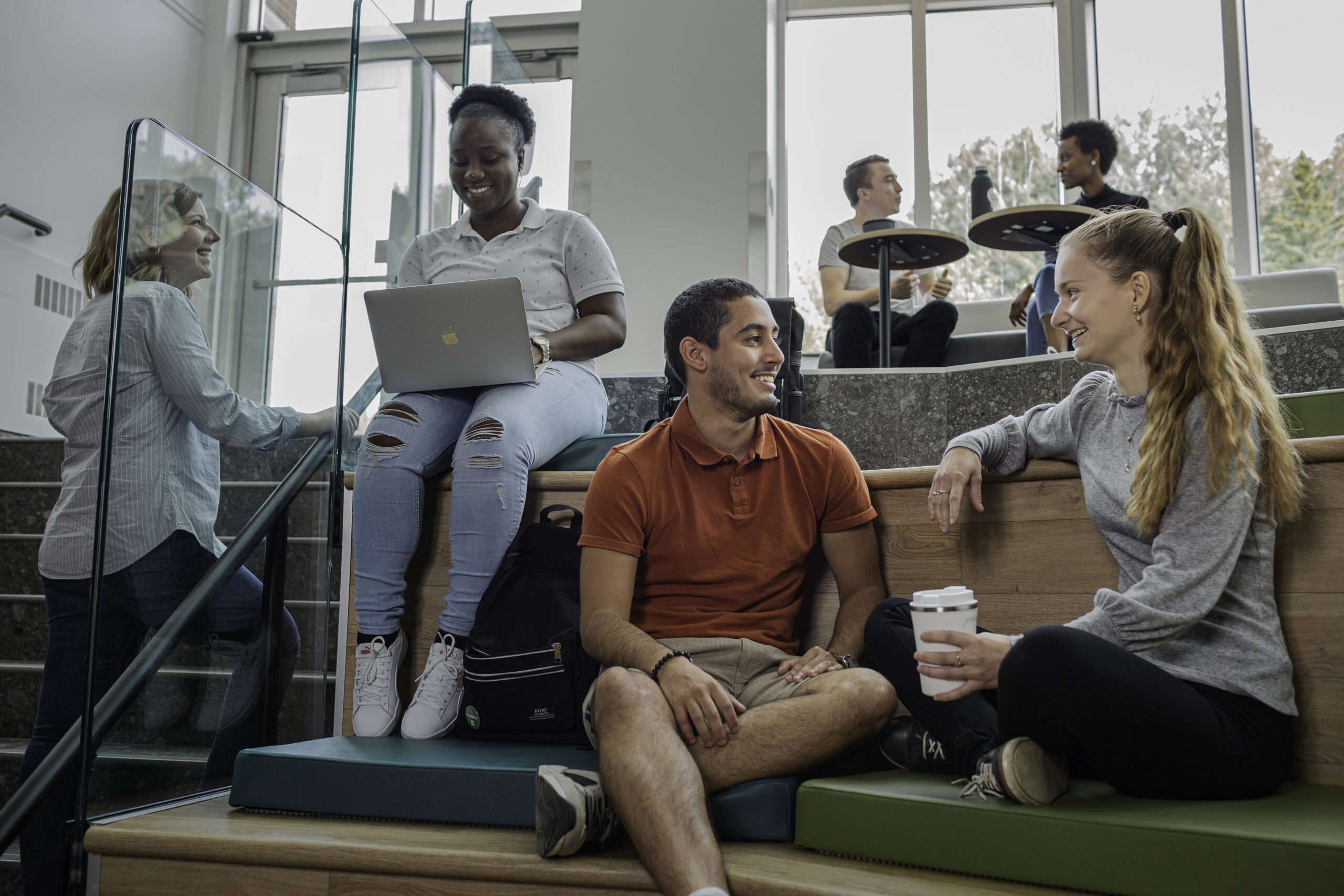Develop and Promote Repair Cafés in Sherbrooke

Thanks to Université de Sherbrooke’s leadership in regional sustainable development, the University wishes to encourage other higher education establishments and organisations to ignite a culture of repair in Estrie and shy away from objects ending up in landfills.
Based on Repair Cafés inspired by the growing movement from the Netherlands, this project aimed to create it’s own structure of mobile Repair Cafés that would become a recurring event in Sherbrooke.
The project called on student expertise along with staff members from cégep, university, and many organisations from the Sherbrooke community, so that citizens can have the chance to come learn how to fix different items (electric and electronic devices, bikes, clothes, shoes, etc.).
The first Repair Café took place in Sherbrooke on May 11th, 2019, where the logistics were established. The pilot project was handed off to the Sherbrooke Corporation de développement de l’entreprenariat collectif (CDEC) and all further funding is provided by la Ville de Sherbrooke.
Another initiative that sprawled from this pilot project is the Café Répar-Action. Beginning in Fall 2021, an accessible hub was created to serve the students from Université de Sherbrooke, and provide the opportunity to maintain and repair their belongings. Located in the Engineering Faculty’s Studio de création, the Café Répar-Action teaches students how to repair furniture, electronic devices, small household appliances, and clothes. The goal of the project is to bring awareness to the university community regarding issues related to planned obsolescence and overconsumption, in addition to building skills surrounding care and repair techniques for self-sufficiency.
At the moment, this service is reserved for university students but the goal is to serve the broader community in the near future. Café Répar-Action hours can be found on Café Répar-Action Facebook page
Project team
François Boone

Directeur to Département de génie électrique et informatique
Faculté de génie, Université de Sherbrooke
This project was made possible thanks to $11 475 of PRESE financial support, as part of the 2019 call for research proposals.

Learning with YOU

